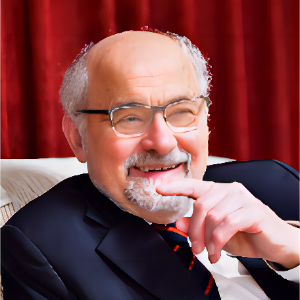Erwin Neher
Erwin Neher is a German biophysicist who graduated from Munich Technical University in 1966 with a Bachelor's degree in physics, and from the University of Wisconsin-Madison in 1967 with a Master's degree in biophysics. He is currently director of the Max Planck Institute of Biophysics and a professor at the University of Göttingen. In 1991, he was awarded the Nobel Prize in Physiology or Medicine.
Neher is mainly engaged in the research of biophysics and neurophysiology, and has achieved remarkable academic achievements. He invented the patch-clamp technique, which has been widely used in the field of life sciences, leading to a global research boom in ion channels and neuronal signal transmission. As a result, many drugs targeting ion channels have been developed, making a huge contribution to human health.
His research has elucidated the function of intracellular ion channels, the process of interneuronal signal transmission, and the pathogenesis of serious diseases such as epilepsy, heart disease, and diabetes, and has had a revolutionary impact on the fields of neuroscience and cell biology. For these achievements, Neher and Professor Sakmann shared the Nobel Prize in Physiology or Medicine in 1991.













